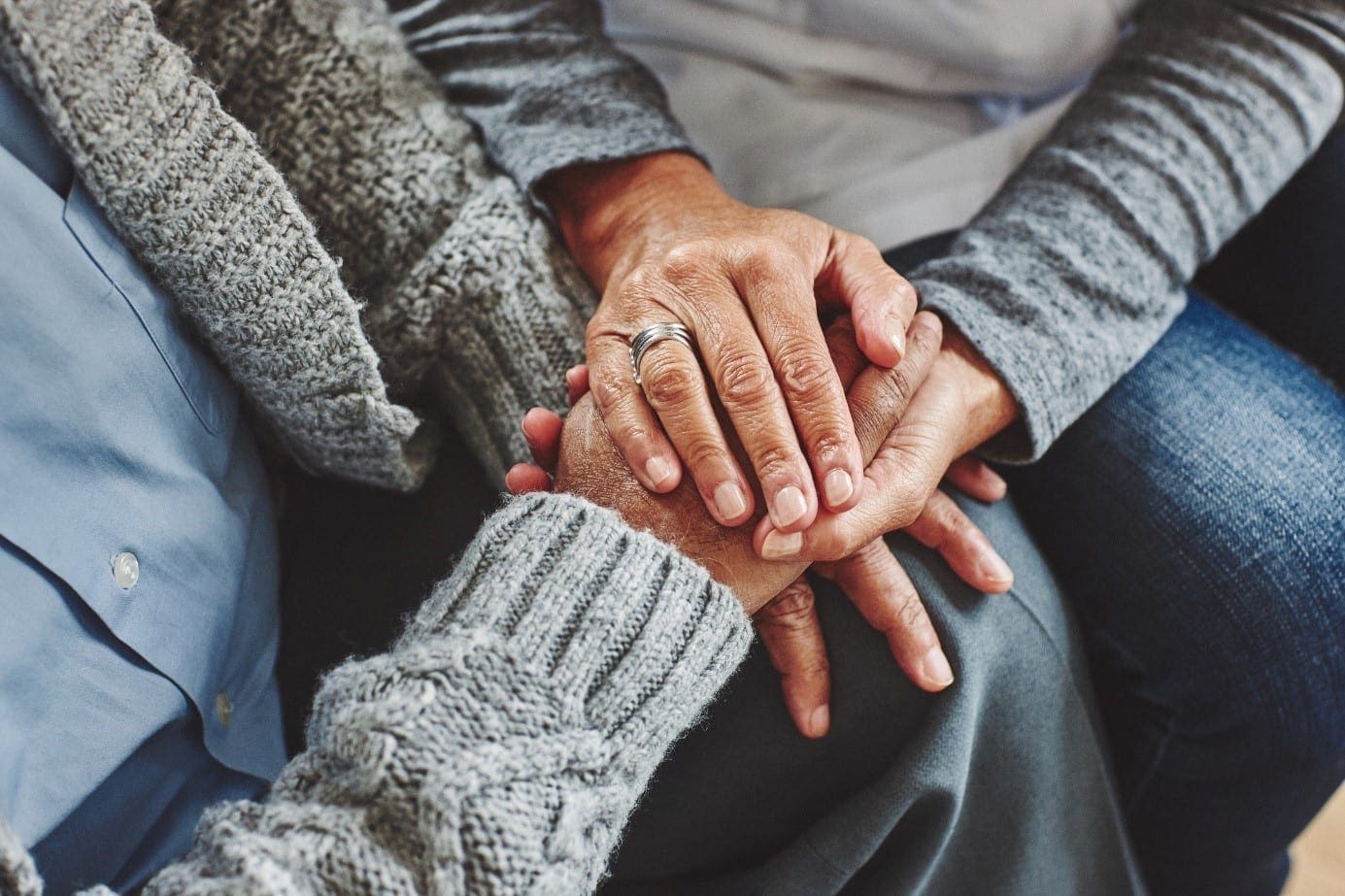Definition
According to the World Health Organisation, the abuse of older people or commonly known as ‘elder abuse’ is defined as:
“a single or repeated act, or lack of appropriate action, occurring within any relationship where there is an expectation of trust, which causes harm or distress to an older person”.
Statistics
The Australian Institute of Family Studies estimate 2 to 14% of older Australians experience elder abuse in any given year.
However, this issue is chronically under-reported due to a lack of understanding and the inability of the victims to seek help in situations of abuse.
What is elder abuse?
The issue of elder abuse will only become more prevalent as Australia’s population ages, and can manifest in a variety of ways: -
- Neglect: where an older person is not having their physical, medical or emotional needs met.
- Physical: being slapped, restrained and over- or under- medicated
- Psychological/ Social Abuse: mental stress involving actions and threats that cause isolation from friends and family, fear of violence, deprivation, powerlessness, feelings of shame, being treated like a child or being denied the right to make decisions
- Financial Abuse: being forced to change a Will, being unduly influenced into making contracts, having belongings sold without permission, money taken improperly through misuse of Enduring Power of Attorney and/or denying an older person access to their own money
- Sexual Abuse: acts where the victim’s consent had not been obtained or through coercion. This also includes non-consensual language/ behaviour including inappropriate touching, assault or even rough or inappropriate cleaning or treatment of genital area
What elder abuse is not.
Elder abuse is not age discrimination, or an estranged relationship with a relative. It is also not a crime committed by a stranger or involve self-neglect or self-maltreatment.
Elder abuse is most often perpetrated by someone the person trusts, such as a family member, carer or worker in a nursing home, and most importantly, is not always malicious. Elder abuse can arise through sheer lack of thought about how your actions and decisions impact the person you are caring for.
Who is at risk?
Older persons are at an increased risk when: -
- Have a disability or poor health
- Are living with mental health issues
- Are in dependent caring relationships, particularly where a carer is experiencing carer burden or stress
- Are isolated and/or without personal support systems
- Have a past history of violence or conflict within the family
- Exhibit particularly difficult and/or inappropriate behaviour, and/or confusion or memory loss
- Any persons from culturally and linguistically diverse (CALF) backgrounds
- Are Aboriginal and Torres Strait Islander people
- Exhibit signs and symptoms of cognitive impairment including dementia
What you should do if you are being exploited or mistreated?
- First and foremost, your safety should be the priority. If you are feeling threatened or unsafe, please call 000 as soon as possible. The authorities can assist you in removing the abusive person from your residence or help you find safer accommodation.
- If you believe that the situation is not yet serious and does not warrant telling the authorities yet, have a safety plan ready to help you be know what to do should an emergency occur.
- Find someone you trust, such as a friend, family member or trained professional, to speak to and share your concerns. This will not help your own mental- wellbeing but also ensure that someone else is aware of your situation.
- Whilst you may feel like you are protecting the person who is mistreating or exploiting you, you have a right to feel comfortable and safe in your own home. Just as you can seek assistance, there are professionals who can also help the person with their own problems and who may not be totally aware of the impact of their behaviour it makes on you.
How can we help you?
When preparing a Will, Power of Attorney or other legal documents, we ensure that the client is competent and has the mental capacity to make an informed decision and can provide us with clear instructions.
Particularly in relation to serious cases of financial abuse, we can also seek assistance from court or tribunal to freeze a bank account, recover stolen money or property or reverse an unfair contract.
If you have would like to seek further information or assistance in relation to the above, please do not hesitate to contact our helpful team at Freedman & Gopalan Solicitors, and we will be happy to assist you in any manner!

